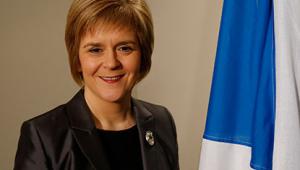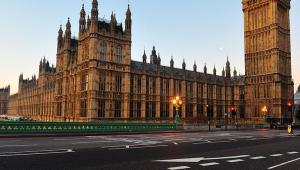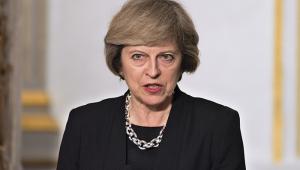In an exclusive interview with Public Finance, the commission’s joint chairs – local government minister Marco Biagi and David O’Neill, president of the Convention of Scottish Local Authorities – both said they hoped the commission could at least agree on which approaches are, and are not, practicable, thereby easing the transition to a new system of local government finances.
The two chairs, Biagi from the Scottish National Party and O’Neill from Labour, also agreed that the work of the commission should complement efforts to bring about more localised decision-making.
In March, Biagi told CIPFA’s Scottish conference that he did not expect the commission, which includes all the main parties except the Conservatives, to settle on any single system, and that it was more likely to offer a range of options. These could include a new property-based tax and a local income tax.
Though that may yet be the outcome, both Biagi and O’Neill seem markedly more hopeful four months into the commission’s work that greater agreement may prove possible.
O’Neill said: ‘The reason for the timing being [to report] in the autumn is that we want the parties to have the opportunity when they’re drawing up their manifestos to look at the work we’ve done, and if they can come to some sort of shared conclusion about that, that would be great.
‘If we get to the situation where the SNP are going forward with one option in their manifesto, and Labour are going forward with another and we end up fighting like cats in a sack, then the chances of having a smooth transition to something new and workable would be substantially reduced.
‘Whereas, if you can get some sort of consensus among the parties that what we’ve got is no longer fit for purpose, we need something different - it could be a, b, or c - and any one of those would be okay, that would be a real win for us. I suspect it will be something slightly less than that.’
Biagi insisted: ‘You never say never.’ He said: ‘We can start with a clear consensus that the council tax, as it exists, isn’t something we can continue with in its present form. Then the policy space opens up as to what you can put in its place.
‘We all come with slightly different political values and priorities, so we can look at the same evidence and come to different judgments – that’s the nature of politics.’
He joked: ‘Decisions on structure haven’t been taken yet, but I think a single report is a fair bet … and probably multiple chapters!’
The commission has moved on from its initial study period to gathering evidence from stakeholders. Later in the summer, there will be a roadshow of public meetings around Scotland and the public is also being asked to submit views via an online questionnaire. ‘We are being careful not to come to early conclusions, not until we’ve heard everything,’ O’Neill said.
The remit includes an obligation to consider impact on local democracy and accountability. Asked whether this could mean rebalancing the current approximate 85/15% central/local funding split for local government, Biagi said: ‘We tend to try to avoid getting into discussions about artificial numbers. Better to think about the impact in the round.’
But O’Neill, who recently chaired a COSLA-backed commission on local democracy, offered a slightly different emphasis. ‘While the two [commissions] were separate, there is a degree of synergy, in as much as there was a recognition from the Commission on Local Democracy that outcomes we get across Scotland and across the UK have been going in the wrong direction for quite some time.
‘We need to have a system of local government finance and a replacement for the council tax that can enable the decision to be taken at local level and being accountable for those decisions,’ he said.
‘People need to be able to go to their local authority and know that they can have a sensible discussion and that there is accountability for the money that has been raised and spent.
‘The council tax in its current form doesn’t do that, but you’re not going to get back to where we were 30 or 40 years ago in one fell swoop,’ O’Neill added.
‘If the political parties are going to come forward with something that is acceptable to the public, it cannot mean the majority of the public getting some sort of massive hit on them. They just wouldn’t buy that.’
Biagi said the Scottish public had been ‘energised’ by last year’s independence referendum, and techniques like participatory budgeting could generate similar civic energy. ‘The raising of public finances needs to have that element of public consent and public participation,’ he said.




















